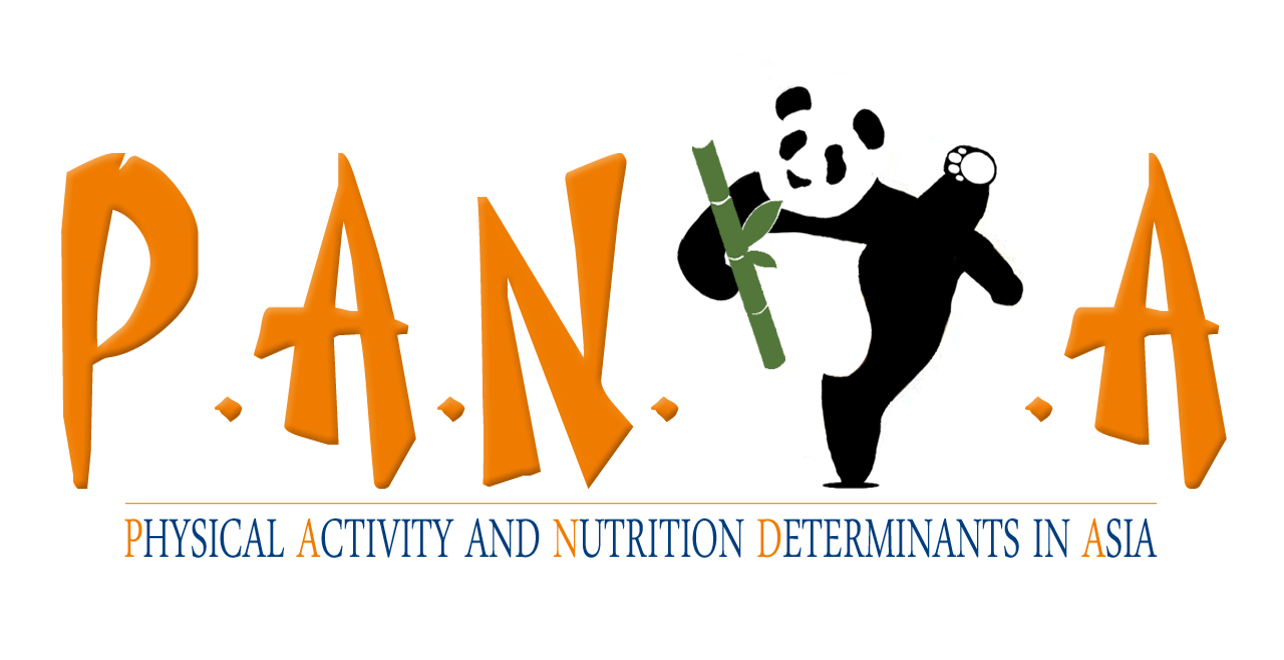Project Title: Impacts of bicycle share schemes on bicycle use, walking, physical activity levels and body mass index in a multi-ethnic Asian population: A natural experiment
Background
Physical inactivity is the fourth leading risk factor of death from non-communicable diseases. As it might be difficult to engage in more structured leisure-time activity (e.g., exercise) movement for transport is a viable alternative. Reviews of bicycle share schemes (BSS) identified data for the impact of BSS on health is lacking. The introduction of the island-wide BSS in Singapore in January 2017 provided an opportunity to fill this evidence gap and investigate the impact of BSS on overall bicycling.
The multi-ethnic cohort (MEC) is a large prospective cohort with regular, ongoing participant re-visits, including health screenings and completion of interviewer-administered questionnaires on socio-demographics and health behaviours, including physical activity and bicycling. Since January 2018 assessments of BSS use were added to facilitate this natural experiment. This prospective cohort study was conducted in two Waves, Wave 1 was a period of minimal government regulation of the schemes and Wave 2 falls after the Parking Places (Amendment) Bill was enacted in Singapore. For the purpose of the present study, eligible participants were Singapore residents aged 18-65 years who did not have physical limitations that preclude bicycling, who had also completed the MEC re-visit between January and August 2018 (Wave 1) and September 2018 to August 2019 (Wave 2). The primary outcome was bicycle use in the previous week. Secondary outcomes included the proportion of participants using BSS in the past three months, the typical purpose for BSS trips for transport and leisure and associations between BSS use and changes in moderate-to-vigorous physical activity (MVPA) per week. Regression models were developed to assess whether changes in bicycle use were associated with changes in MVPA in metabolic equivalent (MET) minutes per week in BSS users compared to non-BSS users adjusting for baseline covariates and MVPA.
Project aim
Using the multi-ethnic cohort (MEC), the project aims to assess impacts of the increase in bicycle use since the introduction of BSS on outcomes including walking activity.
Results
A sub-sample of 3 734 participants from the MEC study provided data for this study, and 371 (9.9%) of these participants were BSS users. A higher proportion of BSS users were male (51.5%, p=0.004) than non-BSS users (43.6%) and BSS users were significantly younger (p<0.001). The primary outcome, bicycle use in the previous week, increased from n=343 (9.2%) pre to n=441 (11.8%) post-BSS implementation (p<0.001). MVPA was calculated in MET minutes per week with values mostly reflecting the Ainsworth compendium, which is 4 METs for bicycling, <10 mph, leisure, to work or for pleasure. On average, BSS users had 83.9 more MET-minutes MVPA per week compared with non-BSS users with p = 0.046, after adjusting for baseline MVPA and the demographic variables. If we divide by 4 METs, the impact of BSS participation seems to be a little over 20 min biking per week as additional activity.
Initial findings were presented and won the prize for the best oral presentation at the Annual Meeting of the International Society for Behavioural Nutrition and Physical activity 2019.
Last updated Apr 19, 2023
